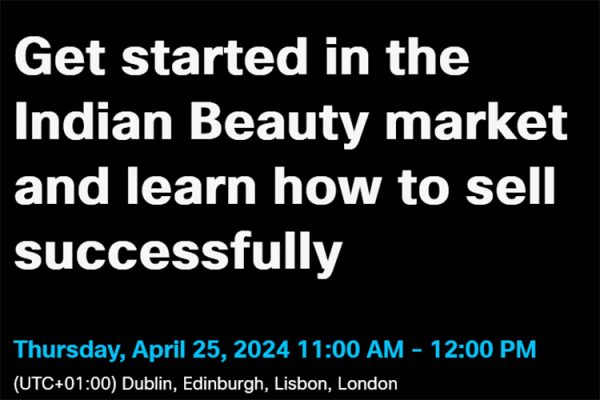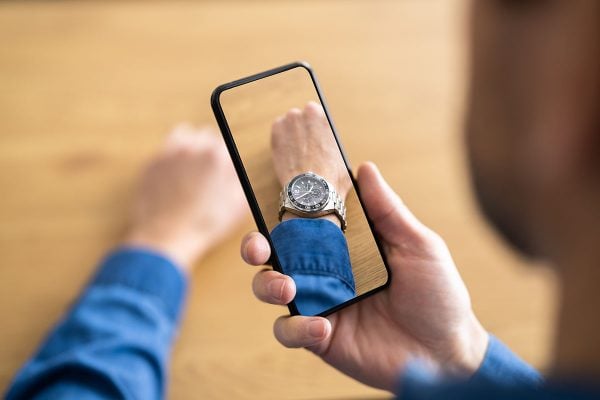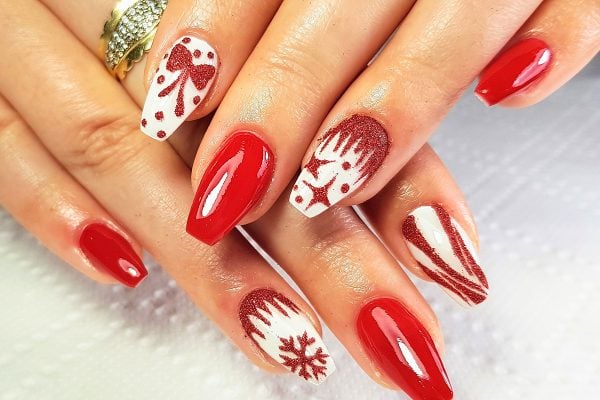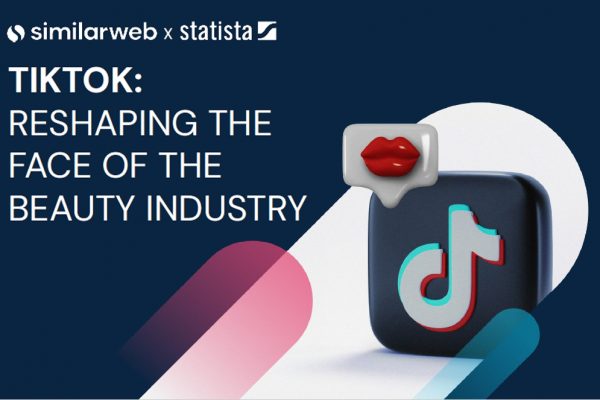When it comes to online health and beauty, Gen Z shoppers seek authenticity from the top of the sale funnel with influencers, right down to the point at which they order and select delivery from an online seller, writes Agon Graca, Business Development Manager at Asendia UK, in this guest post today.
Social influencers can be retail’s strongest sales stimulators, particularly for health and beauty brands targeting younger consumers. Generation Z, the demographic born between 1997 and 2012, looks to influencers Lydia Fowler, Bex Weston and Dr Kemi Fabusiwa (Dr Fab) for inspiration. These social media stars are likely to be on the radar of marketplace sellers specialising in hair, make-up, and skincare products.
The power of influencer and peer-to-peer recommendations on social channels is remarkable. A great example is the success experienced by the well-established brand CeraVe when its products were discovered and shared by TikTok users during the summer of 2020. The #CeraVe tag gained 800 million views, leading to a 65% week-on-week increase in sales of CeraVe products at Superdrug in June 2020, as reported by i-D.
Recognising this social advocacy trend, beauty retailers and online merchants have swiftly embraced it. Sephora, for instance, is facilitating connections between niche, founder-led beauty brands, and popular TikTok creators, to tap into new online audiences.
In the age of celebrity-led marketing, it’s fascinating that the number of followers was not the primary factor in Sephora’s selection process for its successful #SephoraSquad Influencer Incubator Program in US and Canada. Instead, Sephora sought to find genuine everyday people. As Sephora’s CMO Deborah Yeh stated: “This was our opportunity to find influencers that our customers would be able to identify with.” As a result, the winners of the annual program tend to be non-celebrities with compelling stories, living their lives authentically.
Authenticity – the new currency for conversion, spending, and loyalty
Authenticity is now a key new driver for revenue and loyalty among UK shoppers as the trend for more mindful consumption continues. Our latest research certainly backs this up and shows how important authenticity is for Gen Z.
A survey of over 8,000 global shoppers was the basis for Asendia’s ‘How To Sell Direct In The Age Of The Conflicted Shopper’ Report, including over 1,000 UK consumers. It revealed that 70% of UK shoppers are willing to spend more money with retailers they perceive as authentic, and 56% would exclusively shop with authentic retail brands.
Key values defining authenticity for UK shoppers include delivering promises honestly (57%); transparency within supply chains (41%); prioritising sustainability (39%); clear brand values (39%); and acting upon brand values (32%).
Today with escalating living costs eating into discretionary spend, authenticity also helps retailers combat rising price sensitivity among shoppers. While 75% of British shoppers plan to reduce spending in 2023, despite UK inflation remaining close to a 40-year high, 43% said a brand’s authenticity would make them less sensitive to inflationary price increases. This sentiment rises to 48% of Gen Z and 51% of Millennials.
Clearly, younger consumers are drawn to brands they perceive as credible, authentic, and trustworthy, making such brands well-positioned to withstand economic challenges.
But how can authenticity be championed by small online sellers who have limited reach beyond their own web pages and social channels?
Trust matters at every stage of the buyer journey
Our research confirmed that authenticity in e-commerce shines through in many ways, beyond endorsements from massively successful social media influencers. Things like diversity and body positivity in website imagery; clarity, and honesty about how beauty products are tested and made; and even reliability of delivery, can work towards impressing Gen Z shoppers and winning their long-term loyalty through being authentic.
Our client Bali Body, an Australian active skincare brand, uses social channels including YouTube and TikTok to share product reviews and self-tanning tips. It is also clear how products get shipped internationally from Australia so that delivery expectations are not unrealistic in the eyes of customers.
Gen Z consumers are quick to buy online, but they are also attuned to the reality of climate change and they want to align with green brands that offer sustainable delivery options. If you are shipping your health and beauty products to overseas customers, it’s worth considering working with a logistics company that can offer sustainable delivery solutions. This is something Bali Body does, as all Asendia’s international parcel shipping is off-set, making deliveries carbon neutral, right down to returns.
Social commerce opportunities
By 2027, global e-commerce sales for health and beauty are predicted to reach almost $450 billion, according to Statista. Meanwhile, Accenture predicts social commerce will grow three times as fast as traditional e-commerce, more than doubling from $492 billion worldwide in 2021 to $1.2 trillion in 2025. Assuming Europe is following a similar trajectory, this means that selling on social media is a must, especially for e-commerce brands. Plus, with Gen Z gaining buying power and 26% of them using social media to make purchases, this target demographic represents a significant opportunity for retailers to gain market share and boost online sales.
To realise these opportunities is the most risk-averse way, it’s important that health and beauty vendors remain focused on their brand values and the quality of the content they share. Young shoppers are acting with caution due to the rising cost-of-living, but invariably they are also consuming consciously and mindfully. Increasingly, retailers and brands are being held to account – with authenticity having a significant impact on share of wallet, revenue, and loyalty. Like never before, whatever you’re selling, and however you’re delivering, honesty will be your best policy.









